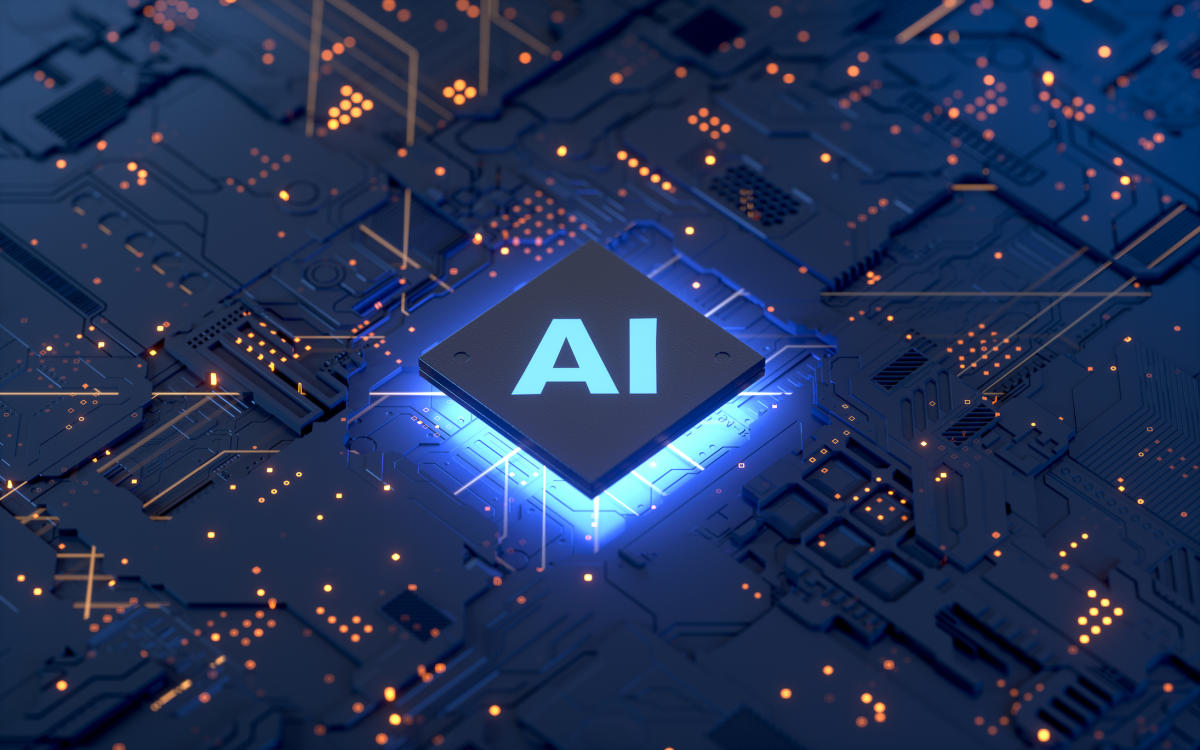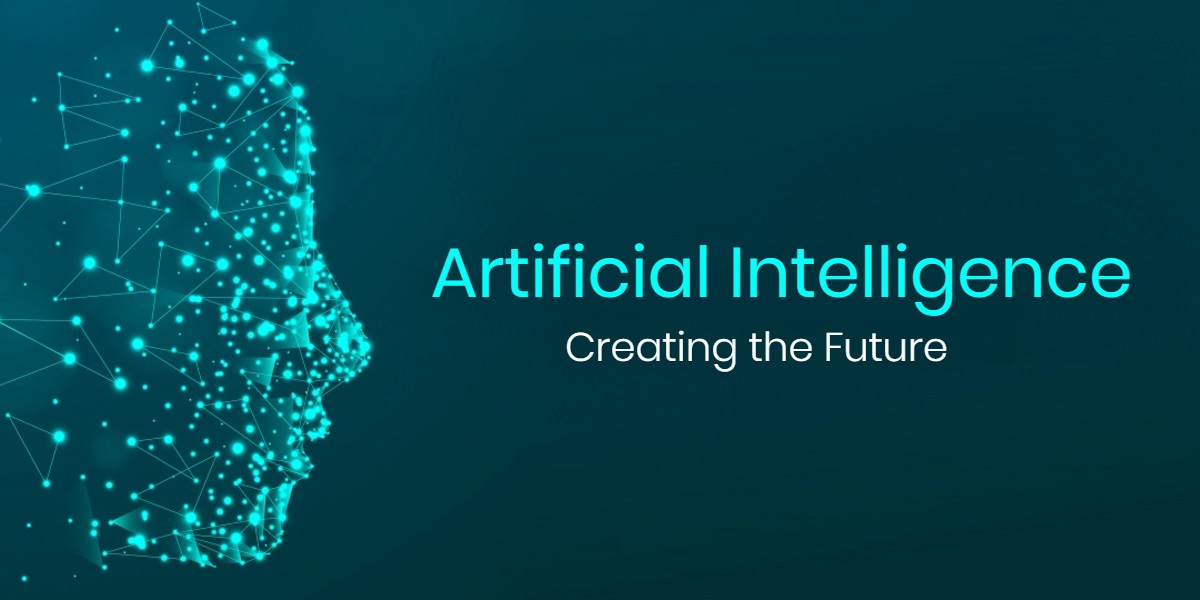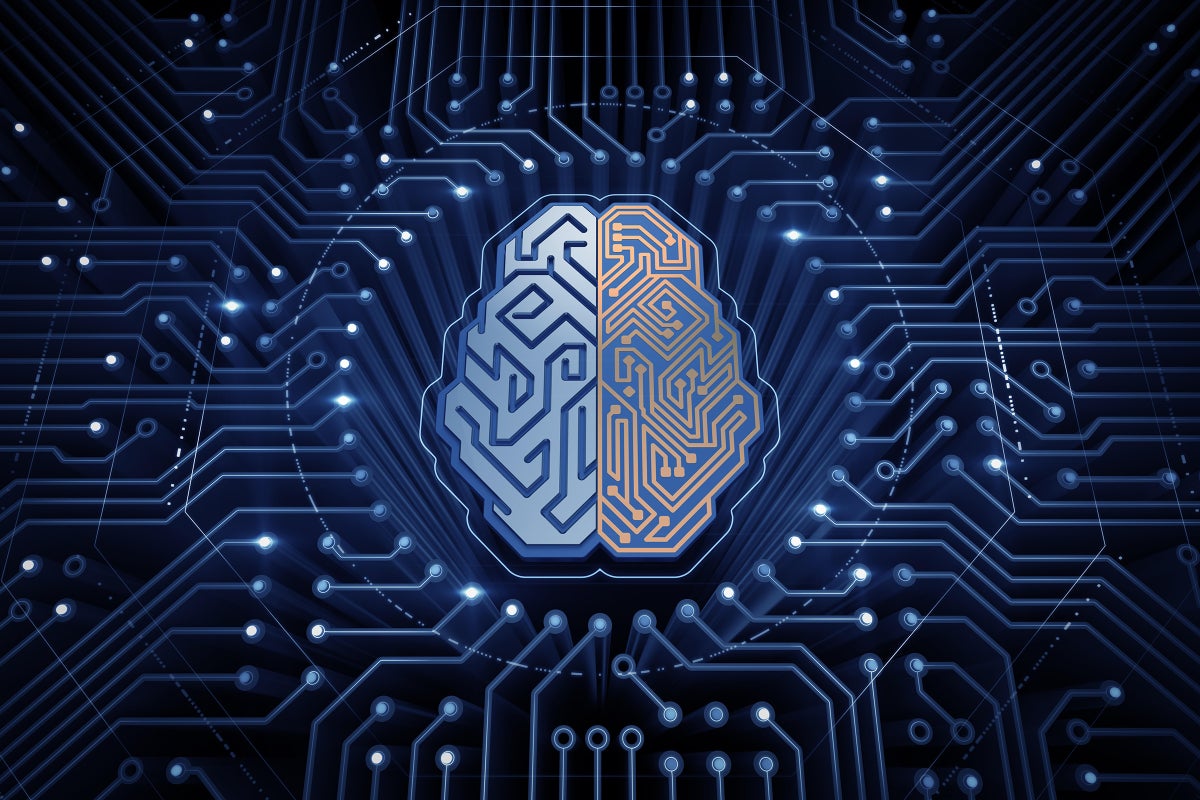From Information to Creative Thinking: Checking Out the Influence of Generative AI in the Area of Expert System
Fabricated intelligence (AI) has actually revolutionized numerous markets, from healthcare to finance, by leveraging data-driven formulas to uncover useful insights. However, the capacity of AI goes much beyond mere information analysis. With the arrival of generative AI, a brand-new age is emerging, one that explores the intersection of data and creativity. This amazing growth holds profound implications for the field of fabricated knowledge, as it guarantees to transform not just just how we comprehend and utilize information, yet likewise how we come close to the imaginative process. By utilizing the power of generative AI, we can open the ability for makers to generate creative and original content. In this conversation, we will explore the effect of generative AI in the world of man-made intelligence, analyzing its prospective to revolutionize imaginative markets, facilitate human-computer cooperation, and raise important moral considerations. Join us as we explore the fascinating trip from data to creative thinking, and find the extensive effect generative AI can have on the future of artificial intelligence.
The Increase of Generative AI
Generative AI has actually emerged as an innovative area in expert system, revolutionizing the method makers create new material and interact with the world. In recent times, there has been a considerable rise in the popularity and application of generative AI strategies. These strategies enable devices to autonomously develop one-of-a-kind and new material, such as images, music, and text, without specific human input.
Among the vital factors contributing to the increase of generative AI is the accessibility of diverse and huge datasets. With the arrival of the internet and the proliferation of digital content, large amounts of data are now available to AI systems. This abundance of data offers the required basic material for training generative AI models, allowing them to learn and mimic human creativity.

Additionally, the boosted computational power and the schedule of specialized hardware, such as graphical handling devices (GPUs), have played a critical role in the rise of generative AI. These improvements have empowered AI systems to process and examine substantial amounts of data, enabling them to produce web content promptly and effectively.
Changing Creative Industries
The expanding capabilities of generative AI, fueled by innovations in deep knowing algorithms and computational power, have actually led to a transformative influence on innovative sectors. This technology has changed the method innovative experts work, opening up new possibilities and pushing the boundaries of human imagination.
Generative AI has enabled artists to explore new realms of creativity by offering them devices that can create unique and one-of-a-kind material. For instance, in the field of aesthetic arts, generative AI formulas can assess existing artwork and generate new pieces based upon the design and features of the input. This not just saves time but additionally increases the innovative possibilities, allowing musicians to explore different designs and strategies.
In the music industry, generative AI has additionally had a considerable impact. It can make up brand-new melodies and consistencies, producing music that was formerly unbelievable. This innovation can even mimic the design of popular musicians, making it possible for the development of brand-new tunes that seem like they were made up by artists who have actually long died.
Moreover, generative AI has found applications in various other imaginative fields, such as style and layout. It can produce brand-new clothing styles, indoor layouts, and architectural principles, offering developers with a wide range of inspiration and increasing the creative process.
Nevertheless, while generative AI offers interesting chances, it also raises honest inquiries and challenges conventional ideas of authorship and creative thinking. As this technology continues to create, it is crucial to strike a balance between human creative thinking and the capacities of AI, guaranteeing that the last result mirrors the intentions and artistic vision of the human designer.
Enhancing Human-Computer Cooperation
Cooperation in between computers and people is being boosted via the combination of generative AI, leading to a new age of innovative opportunities. With the innovations in synthetic intelligence, humans are now able to work closely with computer systems to achieve outcomes that our website were previously unimaginable. Generative AI, a subset of AI that concentrates on developing brand-new web content, has actually reinvented the way people and computer systems work together.
Generative AI makes it possible for computers to generate material, such as images, music, and message, based on examples and patterns offered by humans. This partnership enables people to take advantage of the computational power of AI systems to improve their creative procedures. As an example, musicians can utilize generative AI to generate brand-new aesthetic ideas or discover various styles, while musicians can develop special compositions by collaborating with AI-generated tunes.
Moreover, generative AI can help in jobs that need large quantities of data handling, such as data evaluation and pattern recognition - generative ai company. By incorporating AI systems into the collaboration procedure, humans can utilize the computational abilities of AI to analyze complicated datasets and extract purposeful insights
Nevertheless, to guarantee effective collaboration in between humans and computers, it is essential to establish a clear understanding of the duties and responsibilities of each event. Humans need to provide the needed guidance and proficiency, while AI systems can help in the creative process by producing options and possibilities. This partnership between human beings and computers opens new opportunities for technology and creativity, pushing the limits of what is feasible in various fields.
Honest Effects of Generative AI
As we delve into the moral implications of generative AI, check these guys out it ends up being noticeable that this innovative innovation elevates significant worries and factors to consider. Generative AI systems have the ability to develop, create, and mimic human-like content, such as images, videos, and text. While this has opened up new possibilities and opportunities in different fields, it has also sparked discussions about the prospective misuse and ethical problems connected with such technology.
Among the key problems is the capacity for deepfakes, which are adjusted or fabricated media that can deceive and misguide people. With generative AI, it becomes simpler for malicious actors to develop persuading deepfakes, causing false information, reputational damage, and even political manipulation. This poses a hazard to the trust fund we position in digital media and can have far-reaching consequences for people and cultures.
An additional moral factor to consider focuses on the issue of copyright. Generative AI systems can produce original web content that may infringe upon copyright laws or question regarding ownership and acknowledgment. Figuring out the legal rights and responsibilities in such circumstances ends up being a complicated job, specifically when AI-generated material is indistinguishable from human-created web content.
Additionally, generative AI has the potential to bolster and enhance existing prejudices and discrimination present in the training data. If the data used to educate these systems contains prejudiced information, the created material may show and perpetuate those prejudices, leading to biased or unfair end results.
Along with these worries, there is also a requirement to take into consideration the impact of generative AI on permission, personal privacy, and protection. AI systems can collect, examine, and make use of vast amounts of personal information, bring about potential breaches of privacy and worries concerning information protection. Additionally, the authorization of people whose information is used to train and improve these systems should be very carefully resolved to make certain ethical practices.

Future Prospects and Obstacles
The possible applications of generative AI are large and varied. In addition, generative AI has the potential to improve human-computer interaction by developing more intelligent and responsive virtual assistants and chatbots.

One more obstacle is the requirement for more innovative formulas and computational power to boost the high quality and efficiency of generative AI systems. The present limitations in training time and best site computational sources hinder the extensive fostering of generative AI in real-world applications.
Conclusion
In verdict, the rise of generative AI has actually substantially impacted the field of fabricated intelligence. It has actually changed creative markets by allowing the generation of innovative and unique web content. Additionally, generative AI has improved human-computer cooperation, allowing for much more efficient and efficient problem-solving. However, ethical implications surrounding generative AI has to be meticulously considered and dealt with. Looking ahead, future prospects and challenges hinge on further exploring the potential of generative AI and finding a balance in between creative thinking and moral factors to consider.
Generative AI has actually arised as a cutting-edge area in man-made intelligence, transforming the way equipments produce new web content and connect with the world. generative ai company.Generative AI has made it possible for musicians to explore brand-new realms of creativity by supplying them devices that can produce unique and special web content. Generative AI, a subset of AI that concentrates on producing new web content, has revolutionized the means people and computer systems work together
Generative AI systems have the capability to develop, produce, and mimic human-like material, such as images, video clips, and text. Generative AI systems can develop original web content that may infringe upon copyright legislations or raise inquiries about possession and attribution.
Comments on “Boost Your Vision: Discovering the Foremost Generative AI Company”